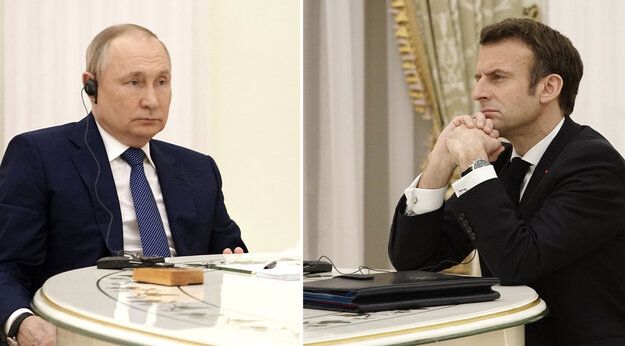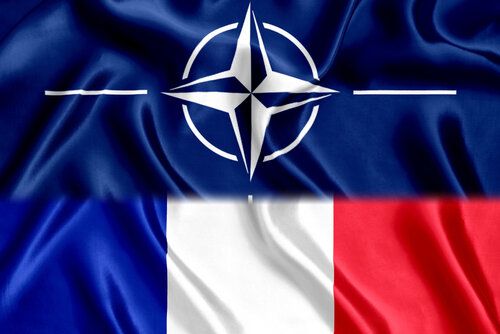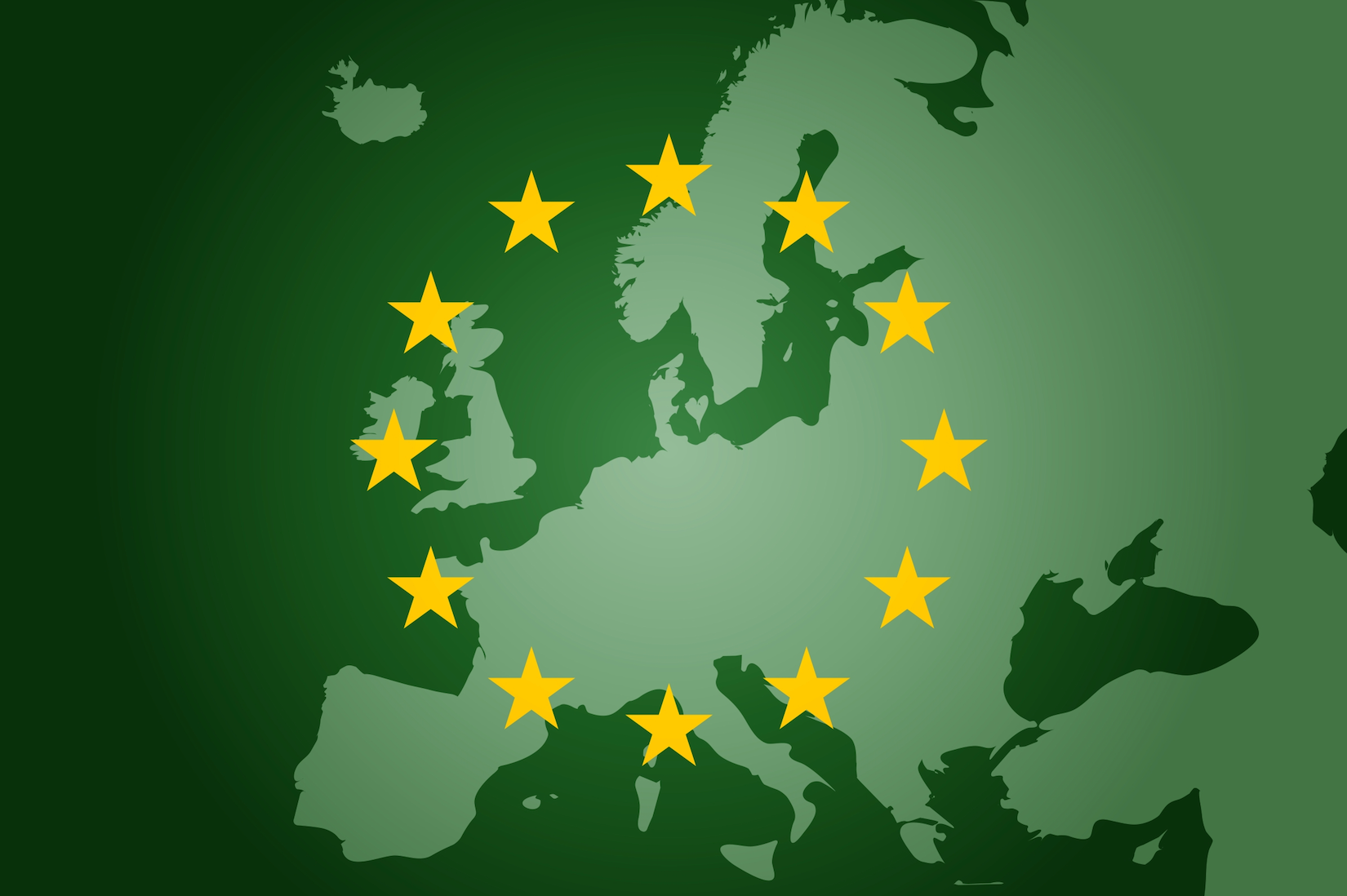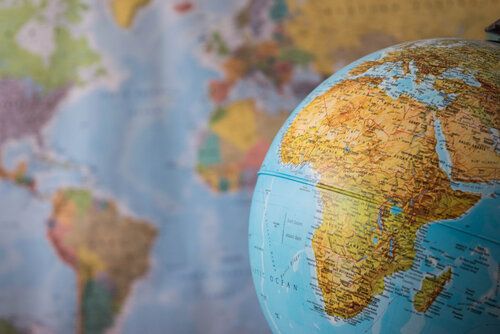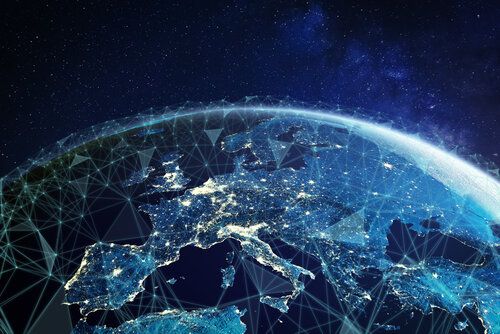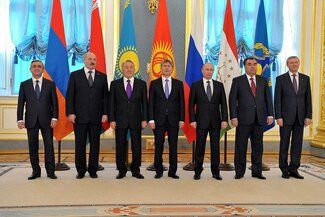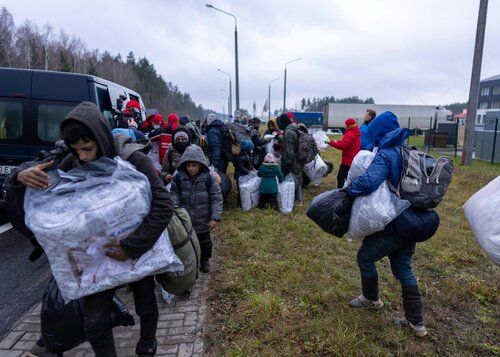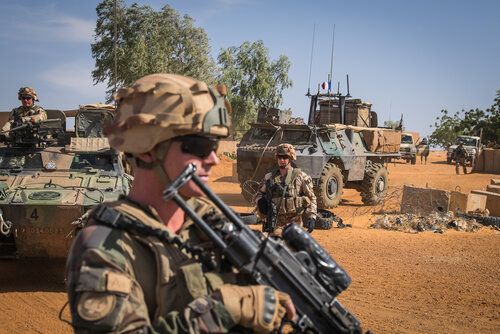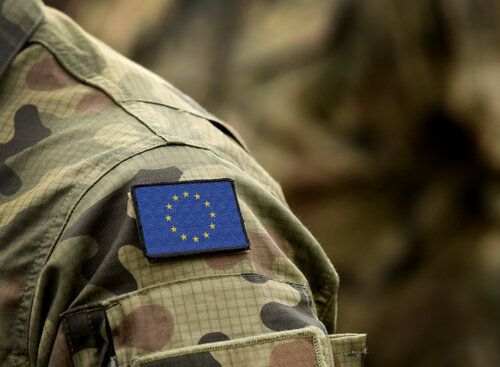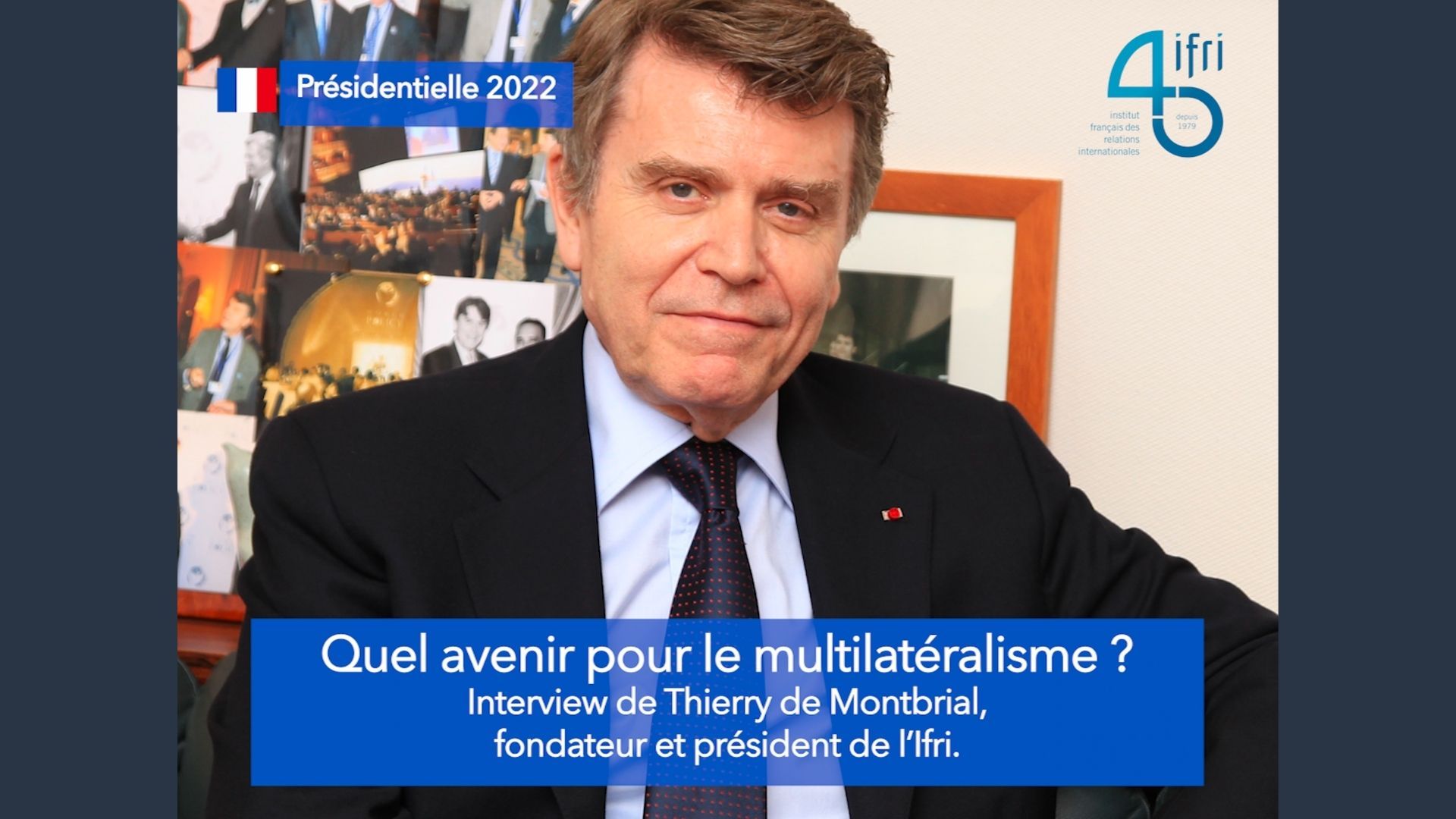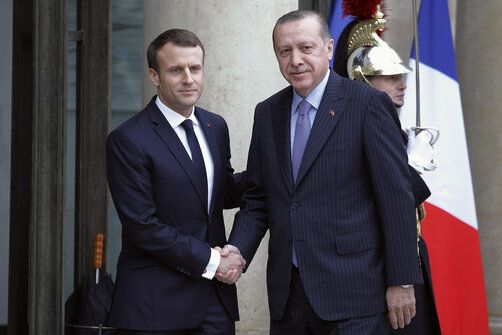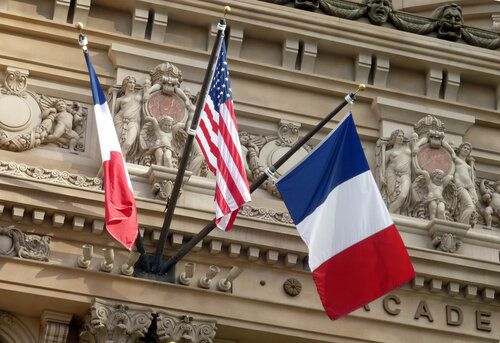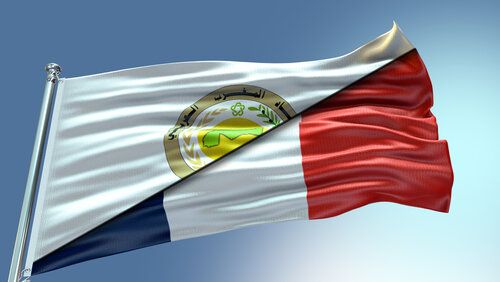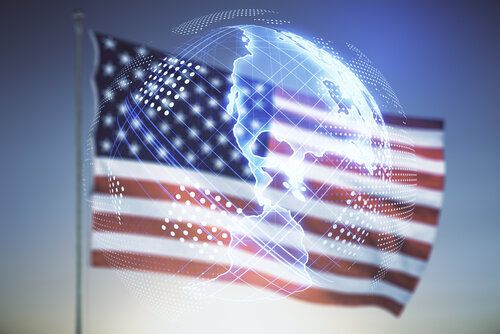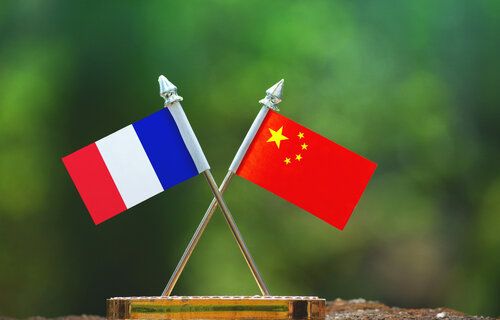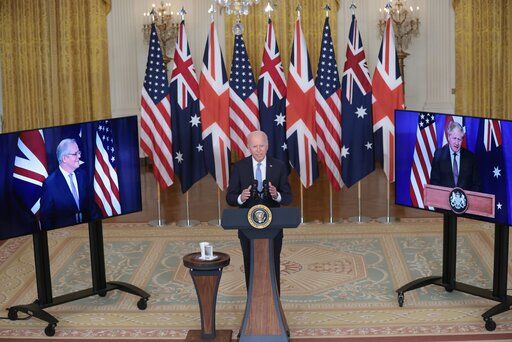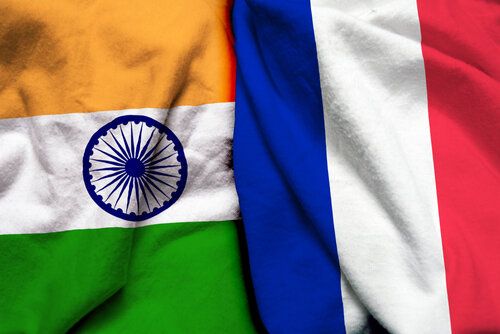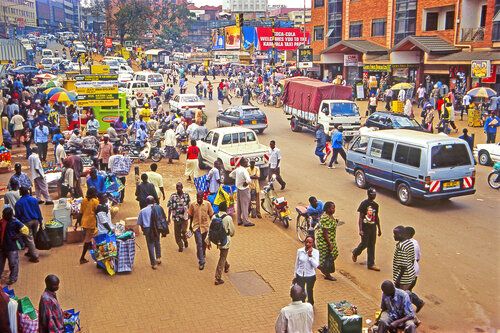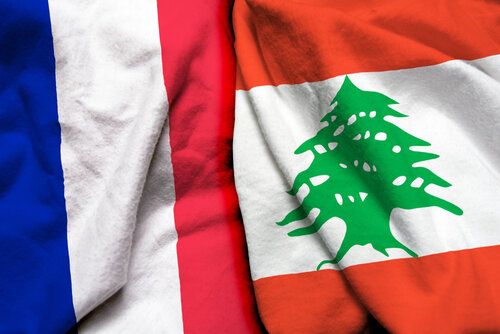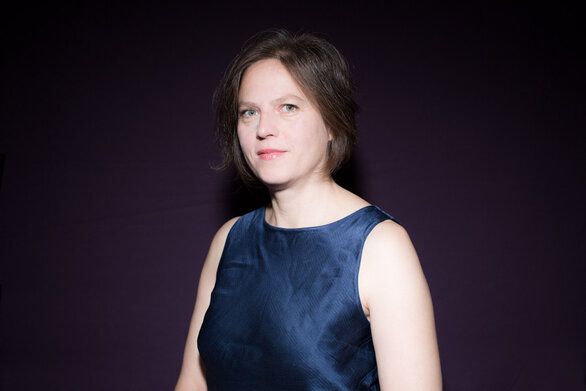France, the former colonial power in Algeria, Morocco, and Tunisia, has set up partnerships with these countries on security and combating illegal immigration. It also has significant economic interests in the region: France is the second biggest trading partner of Algeria, which primarily supplies it with hydrocarbons; Morocco is France’s biggest trading partner in Africa and the main recipient of funding from the Agence française de développement (AFD) (French Development Agency); and the Tunisian economy remains very dependent on France, which is its leading export partner and provider of foreign direct investment (FDI).
The upheavals caused since 2011 by the Arab Spring have made the situation in North Africa more complicated for France. Incomplete transition in Tunisia, conflict in Libya, and public protest by the Hirak movement in Algeria have made bilateral political cooperation more sensitive and uncertain. These new conditions also raise the average alert level: the spread of jihadism in the Sahelo-Saharan strip calls for a medium-term coordinated response, which French diplomacy is doing its best to drive along, despite its partners being increasingly concerned about respect for their sovereignty.
Deterioration in Bilateral Relations
The relationship between France and Algeria has had some tense moments since 2021. The reduction in the number of visas given to Algerians, as a sanction for Algeria’s reluctance to take back Algerian nationals living in France illegally, led to the country’s ambassador being recalled from France in October. There are deeper disagreements on Macron’s memory policy, as he attempts to promote a change of perspective on the legacy of the Algerian War. The frostiness between Paris and Algiers creates difficulties for the French strategy in the Sahel, at a time when Algeria is seeking to carve out a role for itself in attempts to stabilize the region.
The recent deterioration in the relationship between France and Morocco is more surprising. The context for it is the change in traditional balances since Donald Trump’s decision to recognize Moroccan sovereignty over Western Sahara. The French position has been weakened, and France’s decision to take Spain’s side when Morocco relaxed border controls with the enclave of Ceuta in May 2021, letting through 10,000 migrants in a few days, worsened the tensions. At the same time, Morocco is diversifying its economic partnerships: losing the Dakhla Atlantic Port project was a hard blow for French contractors.
The Macron administration’s efforts to provide economic support in Tunisia have not been up to the scale of the crisis. France’s position of benevolent political distancing must now take into account President Kais Saied’s attempt to seize control of the government in July 2021.
Risks Linked to Foreign Interference
At the end of 2021, France, suspected of supporting General Haftar’s attacks against the legal government of Libya in Tripoli, attempted to regain its grip on the multilateral peace process, at the expense of the European coordination organized by Berlin. It is in Libya that an increase in foreign interference brings the greatest number of immediate risks, as demonstrated by the Courbet incident when a French frigate was threatened by a Turkish Navy vessel while it was attempting to ensure the embargo on arms deliveries to Libya was not being broken.
This interference weakens French positions in the Maghreb. President Macron regularly expresses his concerns about the rise in Turkish influence, but he has avoided commenting on the presence of Russia or the United Arab Emirates (UAE) until now. Yet, Russia is Algeria’s main supplier of arms and can count on the support of the Algerian generals, who—unlike France—are not unfavorable to an increased Russian presence in Mali. Meanwhile, the UAE, a backer of Haftar in Libya, is an open supporter of the “constitutional coup d’état” in Tunisia, the outcome of which remains uncertain. France does not want to be at the forefront, despite its concerns about Tunisia, where jihadist propaganda has attracted thousands of recruits. The start of military tension between Algeria and Morocco on the subject of Western Sahara will definitely be a major concern for the next French president. It is an issue on which France could be expected to mediate, but which could cause a lot of pain.

